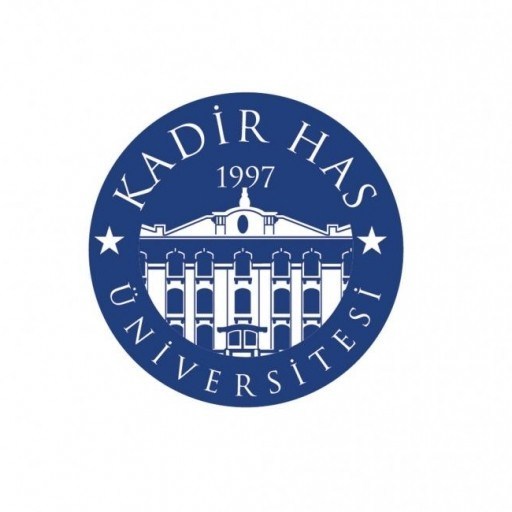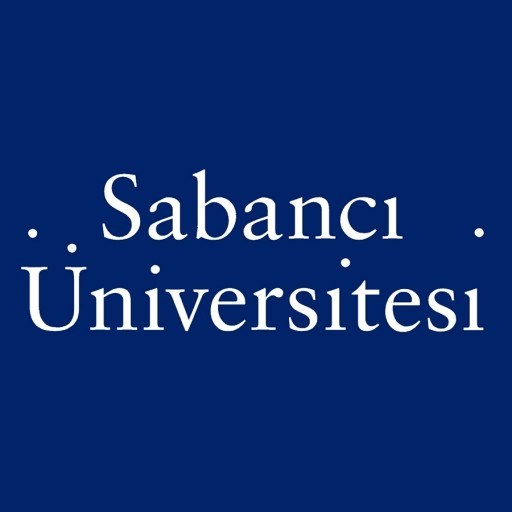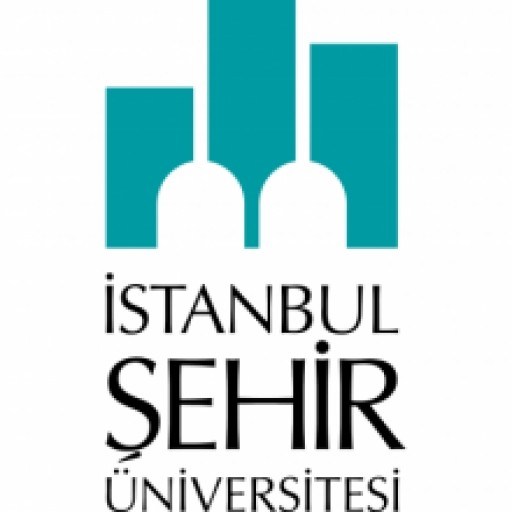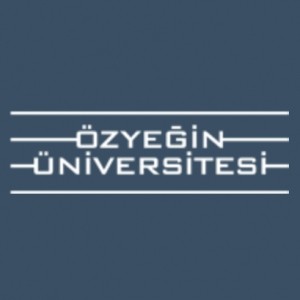Photos of university / #khasedutr
Electrical-Electronics Engineering Bachelor's Program at Kadir Has University provides students with a comprehensive education in the principles, design, analysis, and application of electrical and electronic systems. The program aims to develop skilled engineers capable of innovating and advancing technology in areas such as telecommunications, control systems, power systems, embedded systems, and electronics. Throughout the curriculum, students gain a strong foundation in mathematics, physics, circuit theory, digital systems, microprocessors, signal processing, and electromagnetics, enabling them to understand and solve complex engineering problems. The program emphasizes practical skills through laboratory work, projects, and internships, preparing graduates for careers in industry, research, and development. Students also have opportunities to engage in cutting-edge areas like renewable energy systems, automation, and IoT (Internet of Things). The faculty consists of experienced academic staff and industry experts dedicated to providing quality education and fostering innovative thinking. Kadir Has University’s state-of-the-art facilities, modern laboratories, and industry collaborations offer students an enriching learning environment. The program encourages active participation in research and encourages students to develop entrepreneurial skills. Graduates of the Electrical-Electronics Engineering program are well-equipped to pursue employment in manufacturing, consultancy, technology firms, and are also prepared for postgraduate studies. The curriculum is regularly updated to reflect the latest technological advancements and industry standards. By completing this program, students will be capable of designing, analyzing, and managing electrical and electronic systems effectively, contributing to technological progress and societal development.
Detailed Course Facts
Tuition fee Not specified Start date September 2015 Credits (ECTS) 240 ECTSDuration full-time 48 months Languages Take an IELTS test
- English
Course Content
YEAR 1 FALL
- Calculus I
- Linear Algebra
- Physics I
- Engineering Guide and Ethics
- English I
- Türk Dili I
YEAR 1 - SPRING
- Calculus II
- Chemistry
- Physics II
- Computer Programming I
- English II
- Türk Dili II
YEAR2 FALL
- Differential Equations
- Materials Science
- Circuit Theory I
- Digital Design
- English III
- Atatürk lkeleri ve nklap Tarihi I
- Sosyal Sorumluluk
YEAR2 SPRING
- Calculus III
- Circuit Theory II
- Circuits Laboratory
- Electronic Circuit Components
- English IV
- Atatürk lkeleri ve nklap Tarihi II
- Sosyal Sorumluluk
YEAR3 - FALL
- Electronic Circuits
- Electronic Circuits Laboratory I
- Electromagnetic Field Theory
- Signals and Systems
- Probability and Statistics for Engineers
- Social Science Elective I
YEAR3 - SPRING
- Electronic Circuits Laboratory II
- Microprocessors
- Control Systems
- Communication Systems
- Economics for Engineers
- Social Science Elective II
YEAR4 - FALL
- Departmental Elective I
- Departmental Elective II
- Technical Elective I
- Social Science Elective III
- Engineering Problem Solving and Project Management
YEAR4 - SPRING
- Departmental Elective III
- Departmental Elective IV
- Technical Elective II
- Social Science Elective IV
- Engineering Design Project
TOTAL 240
DEPARTMENTAL ELECTIVES
- Digital Signal Processing
- Neural Networks
- Network Synthesis
- Communication Electronics
- Digital Electronics
- Biomedical Electronics
- VLSI Design
- Analog Design
- RF Microelectronics
- Industrial Electronics
- Advanced Digital Design
- Biomedical Technology
- Control Technology
- Control System Theory
- Robotics
- Industrial Control Applications
- Digital Communications
- DSP Applications
- Mobile Communication
- Simulation of Communication Systems
- Wireless Communication Networks
The Bachelor's Degree Program in Electrical-Electronics Engineering at Kadir Has University requires applicants to possess a high school diploma or an equivalent qualification recognized by the Turkish Ministry of National Education. Prospective students must demonstrate proficiency in English, typically through standardized tests such as the TOEFL or IELTS, unless they have completed prior education in English medium or meet alternative language proficiency criteria set by the university. The admission process involves an application submission, academic transcripts, and possibly an interview or entrance examination, depending on the year of application and the applicant's education background.
The core curriculum for the program emphasizes foundational courses in mathematics, physics, and basic electrical engineering principles during the first two years. These include subjects such as Calculus, Linear Algebra, Differential Equations, Physics, Circuit Analysis, and Digital Logic Design. In the subsequent years, students advance to specialized courses covering areas like Electromagnetics, Signal Processing, Control Systems, Power Systems, Electronics, Microprocessors, and Communication Technologies. Practical training is integrated throughout the program via laboratory work, design projects, and industry internships, fostering hands-on experience and application of theoretical knowledge.
Students are also required to complete a comprehensive undergraduate thesis or design project in their final year, demonstrating their ability to solve real-world engineering problems. The program encourages participation in seminars, workshops, and national or international engineering competitions to enhance practical skills and professional development. To graduate, students must successfully earn the designated credits through coursework, laboratory sessions, projects, and examinations, ensuring they meet the academic standards set by the university.
The degree program is designed to prepare graduates for careers in various sectors including telecommunications, electronics manufacturing, energy, automation, and information technology. Graduates will also be equipped with the analytical, technical, and problem-solving skills necessary for graduate studies or research activities in electrical and electronics engineering fields. The program aligns with accreditation standards set by relevant engineering education authorities, providing graduates with recognized qualifications to pursue professional engineering licensure, if applicable.
Related Scholarships*
- Academic Excellence Scholarship
"The Academic Excellence Scholarship can provide up to a 50 % reduction in tuition per semester. These scholarships will be renewed if the student maintains superior academic performance during each semester of their 3-year Bachelor programme. The scholarship will be directly applied to the student’s tuition fees."
- Alumni Study Travel Fund
Scholarships for students who are already attending the University of Reading.
- Amsterdam Merit Scholarships
The University of Amsterdam aims to attract the world’s brightest students to its international classrooms. Outstanding students from outside the European Economic Area can apply for an Amsterdam Merit Scholarship.
* The scholarships shown on this page are suggestions first and foremost. They could be offered by other organisations than Kadir Has University.
The Electrical-Electronics Engineering undergraduate program at Kadir Has University is designed to prepare students for careers in the rapidly evolving fields of electrical and electronic engineering. The program offers a comprehensive curriculum that covers fundamental principles of electrical circuits, electronic devices, signal processing, control systems, power systems, and communication technologies. Students gain theoretical knowledge alongside practical skills through laboratory work, projects, and internships, enabling them to develop problem-solving abilities and innovative approaches to engineering challenges.
The curriculum incorporates modern topics such as renewable energy systems, embedded systems, robotics, automation, and digital communications to ensure graduates are well-equipped for current industry demands. The faculty comprises experienced professors and industry professionals who deliver high-quality education and mentorship, fostering an environment conducive to research and technological advancement. Partnerships with industry and participation in international collaborations provide students with opportunities for internships, exchange programs, and participation in cutting-edge research projects.
Graduates of the program are prepared for diverse career paths in sectors such as energy, manufacturing, telecommunications, automation, and electronics design. They are also equipped to pursue advanced studies or engage in entrepreneurial ventures within the electronics and electrical engineering domains. The program emphasizes ethical practices, sustainability, and social responsibility, aligning with global standards and preparing students to contribute positively to society.
Facilities such as modern laboratories and innovation centers support hands-on learning and experimentation. The program is accredited by relevant engineering education accreditation bodies, ensuring that it meets international standards of quality and excellence. Overall, the Electrical-Electronics Engineering program at Kadir Has University aims to produce competent, innovative, and adaptable electrical engineers who can meet the technological challenges of the future.





